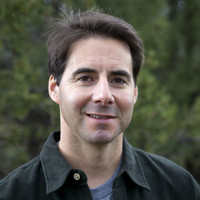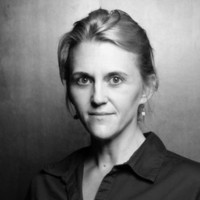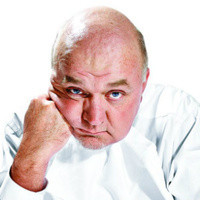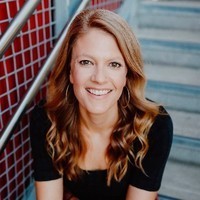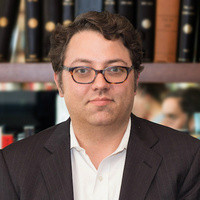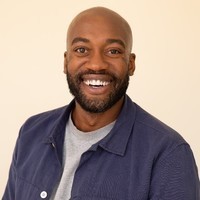Khabat Abbas is an independent journalist and video producer from northeastern Syria, and the winner of the 2021 Kurt Schork News Fixer Award.
”I can see from my experience that there is a gap between the editors, who are kind of elites in their luxury offices, and the amazing journalists who are in the field, who all sympathize with what they are seeing on the ground and want to cover [it], but they have to satisfy the editors. And this is how we end up having little gaps in the ways of covering in general. It's not a matter of like, they shaped it in this way. The problem, I think, it’s bigger. How this industry is working, how this industry is deciding what they should cover.”



